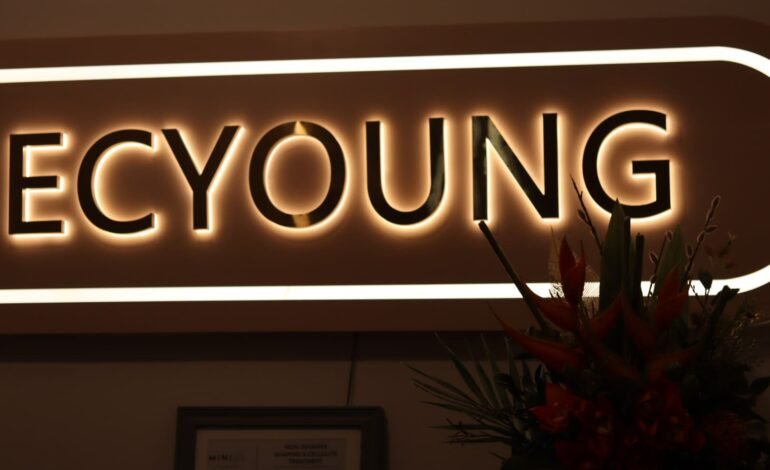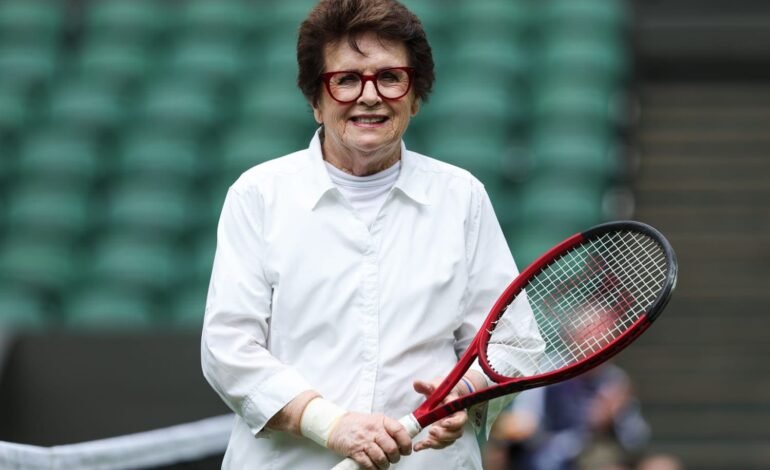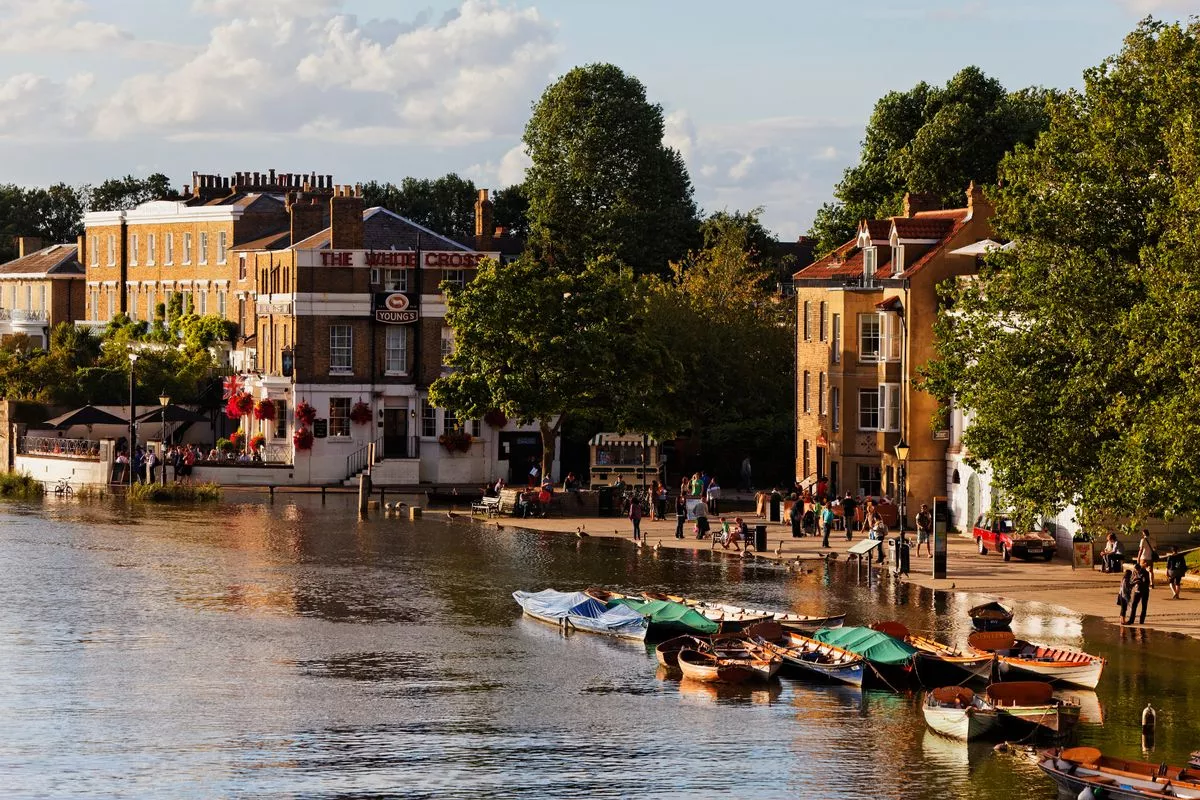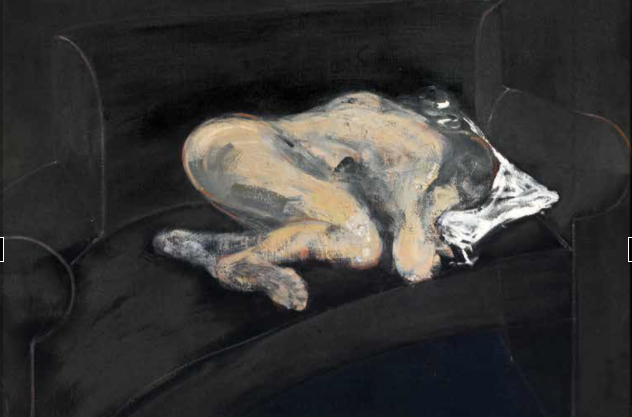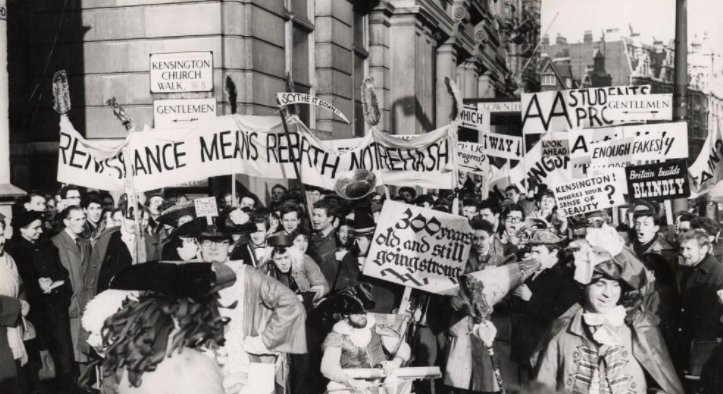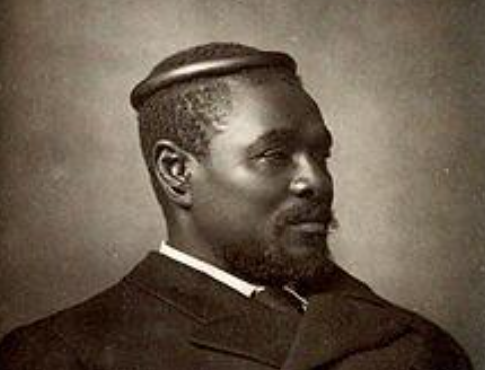MTV UK Ends: From Video Jocks to Reality Flops
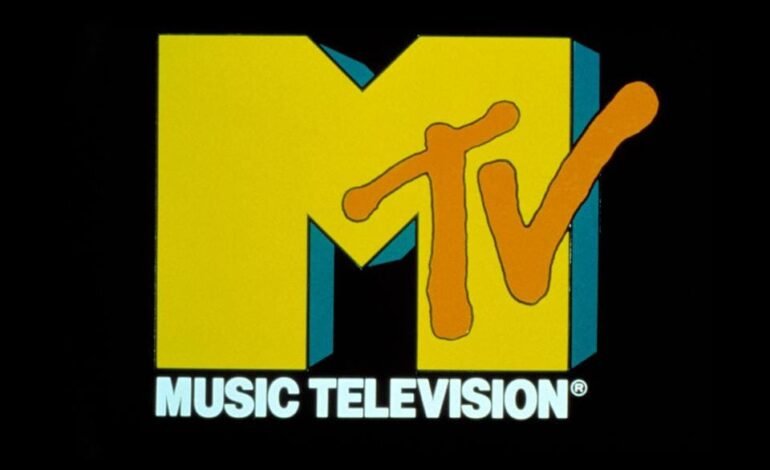
MTV UK was the channel that launched the careers of light entertainment sofa celebrities such as Cat Deeley, Kelly Brook, June Sarpong, Russell Brand and Trevor Nelson. This week, MTV UK staff were allegedly left in tears after the channel’s music production was terminated following nearly 40 years of being based in London.
MTV UK’s Beginnings
The first video that aired on MTV transmitted on 1st August 1981. It was emblematic of MTV’s concept: producer Trevor Horn’s Buggles hit Video Killed the Radio Star. This was followed by a brief and meaningful message about “music and television’s coming together”, before the song You Better Run by AOR-friendly Pat Benatar.
In the era of New Pop and Yuppiedom, MTV’s Video Jocks promised to revitalise UK broadcasting. But the question still remains: was it exciting TV, or just cheap Video Jock bollocks?
MTV UK had an iconic studio that had previously been the home of the now-defunct breakfast ITV franchise, TV-am. Egg cups still adorn Eggcup House’s exterior; they even have a preservation listing. MTV’s British operations originally began in London at 40 Conduit Street, Mayfair (1987–1988), before moving to 20–23 Mandela Street, Camden (1988–1993), and then to the former TV-am building at 17–29 Hawley Crescent, Camden Town, where it remained from 1993.
Film & TV — Latest from EyeOnLondon
Explore our Film & TV coverage with reviews, features and analysis.
And Just Like That — Finale Review
The finale aired last night, flipping the dynamic from the offended to the offenders. But has the show lost its original edge?
Read the reviewMore Film & TV
Chris Hemsworth’s Limitless — Live Better?
A closer look at how @chrishemsworth blends science and lifestyle hacks in his streaming series, pushing viewers toward change.
Read the featureMore Film & TV
Till The Stars Come Down — West End Review
Our theatre critic reflects on the family tensions and emotional weight at the heart of this new production.
Read the reviewMore Film & TV
MTV Got Rich via Eastern Europe
On 1st August 1987 at 00:01 BST, MTV Europe started broadcasting, with British musician Elton John turning on the EU-wide MTV UK signal live from Amsterdam. The music industry then switched its investment into longform concert videos. The advent of NICAM stereo aided this — as did the opening up of the former Warsaw Pact countries, which changed the map.
By February 1990, MTV Europe was officially relaunched and centred in Warsaw, Poland, with outside broadcast production units moved to Prague in the Czech Republic. The demise of the USSR in 1991 led to epic stadium rock TV concerts in a five-year MTV deal with Russia, coming from behind the former Iron Curtain and enabling a second wave of MTV programming.
MTV’s added value also came in the shape of their American channel VH-1, through their flagship documentary series Behind the Music, among genre-packaged Video Jock dross.
Where Did It All Go Wrong?
The music industry’s termination of its sizeable investment in the pop promo genre was the first real nail in the coffin of MTV’s “music only” policy.
In the early 1990s, when MTV moved its outside broadcast operations for live shows into the EU and Eastern Europe, the emphasis naturally shifted away from the UK. By 1993, aside from Bon Jovi or AC/DC live in Prague or Budapest, former Soviet states such as Estonia were covering MTV Europe-led rock festivals that never screened here.
These MTV EU specials had truly odd bills. Rock Summer Festival Tallinn 1993 boasted headliners Procol Harum, supported by Faith No More, Samantha Fox and The Funking Barstewards.
MTV were also architects of their own demise, by trying out endless Big Brother-styled non-music shows, filled with narcissistic Californian brats bitching at one another inside a Frisco house. This was bound to wane and — thankfully — unlike Big Brother, they are now fizzling out.
Add to that former Channel 4 TV executive and former NME scribe Stuart Cosgrove, who said, “Live music doesn’t work on TV,” just after axing Channel 4’s The White Room in 1996, and later TFI Friday. The writing was on the wall.
Next up, in the summer of 1996, came the advent of Internet Explorer and Napster. After that, YouTube. No wonder MTV UK was bound to end eventually. It’s amazing that it lasted as long as it did.
MTV’s American parent Paramount Global’s Bruce Gillmer said the final decision was made in order to “reimagine and optimise our events slate going forward.”
Aspects of MTV still continue to be aired in 111 countries.
“Video Killed the Radio Star?” As the American songwriter-producer Paul M. Martin said to me, “It was the clarion call for deaths to come.”
For more stories exploring the history of arts, music, and culture that shaped Britain, follow EyeOnLondon for thoughtful features and reviews that bring cultural shifts into focus.
Follow us on:
Subscribe to our YouTube channel for the latest videos and updates!
We value your thoughts! Share your feedback and help us make EyeOnLondon even better!

